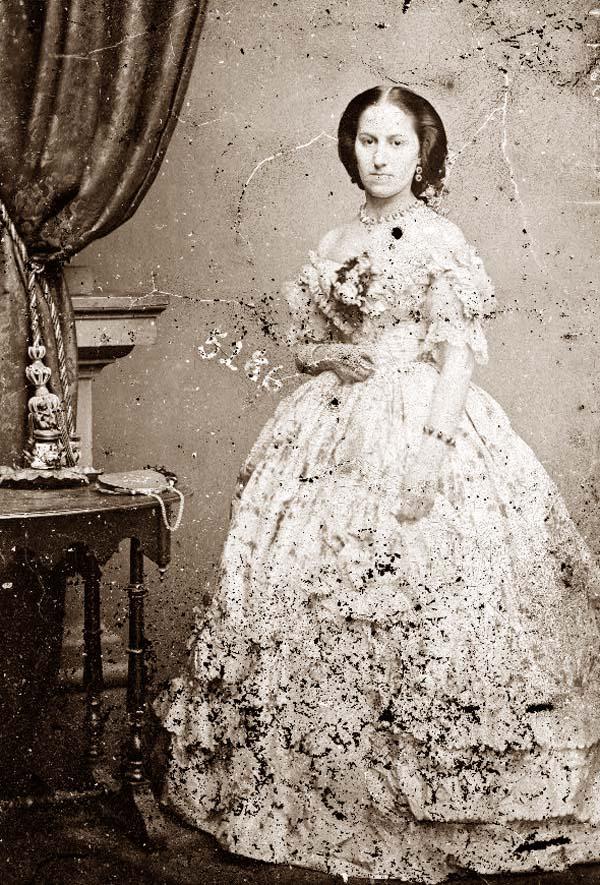In an 1850 pamphlet summarizing the ongoing estate litigation of a New Orleans woman, Myra Clark Gaines, journalist Alexander Walker wrote, “The wildest romance ever written, could not contain a greater variety of strange incidents, more affecting details, more strongly marked characters, a more constant succession of stirring events, and stronger exhibitions of folly, intrigue, deception and crime.” If we ever needed a reminder that it is best to keep your estate out of probate and the courts, a story from NOLA’s The New Orleans Collection in 2020 was it.
Walker’s report was published less than a third of the way through the marathon case, a 57-year estate battle involving hidden paternity, a destroyed will, and a multimillion-dollar fortune. The case touched all levels of the judicial system and appeared before the United States Supreme Court a total of 17 times. It remains the longest continuous litigation in the history of the country. The legal fight was covered extensively over the decades, granting Gaines a public platform that she used to advocate for women’s rights and suffrage.
The Gaines case is a real-life American equivalent of Jarndyce v Jarndyce, a fictional court case in Charles Dickens’ Bleak House (1852–53), which progressed at a wounded snail’s pace in the English Court of Chancery. The case is a central plot device in the novel and has become a byword for seemingly interminable legal proceedings.
Make it a New Year’s resolution to protect your family from “interminable legal proceedings” by updating your estate plan, and talk with an estate planning attorney about ways you can do just that, especially with a revocable living trust.
Happy 2020. And to read about the unfortunate, if ultimately successful Mrs. Gaines, check out the NOLA historical tale here:



